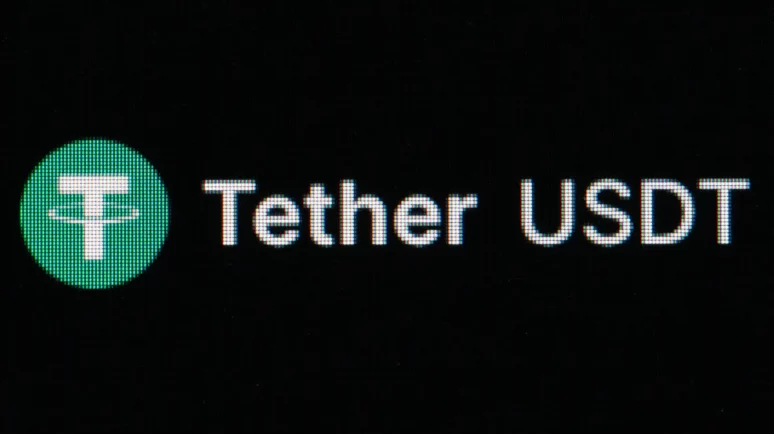Crypto Companies to Leave EU? New European Anti Money Laundering Laws Mean CASPs Have to Verify all Customers ID

Is the EUs latest regulation stifling crypto? (Photo by Thierry Monasse/Getty Images)
- The EU’s latest AML regulations give authorities enhanced powers to monitor and seize crypto.
- CASPs are explicitly prohibited from providing anonymous accounts or services for anonymous users.
- Many of these ‘new’ rules were already in place under existing AML laws, though crypto is now specifically mentioned.
The European Union (EU) has passed a broad anti-money laundering (AML) regulation package that expands into crypto.
The new rules will require crypto-asset services providers (CASPs) to increase the due diligence and ID verification requirements, as well as mandatory reporting standards.
Some parts of the cryptosphere appear worried, but the regulations are already EU law. They do, however, now specifically mention crypto. In turn, there is speculation that crypto firms may leave Europe, but experts have moved to reassure people.
New Rules
Passed on Thursday , this latest legislation targets CASPs such as centralized crypto exchanges, as well as other obliged entities (OEs) such as gambling services, banks, real and virtual estate agents, and others.
As per the official press release :
“The new laws include enhanced due diligence measures and checks on customers’ identity, after which so-called obliged entities (e.g. banks, assets and crypto assets managers or real and virtual estate agents) have to report suspicious activities to [Financial Intelligence Units] and other competent authorities,”
The new laws also grant greater powers to Financial Intelligence Units (FIUs) to monitor, detect, and suspend suspicious transactions. Though a recent hearing seems to confirm that there will be restrictions and limits to private transactions.
Instead, this new legislative toolkit applies to CASPs, which are already regulated under the EU’s sweeping Markets in Crypto-Assets (MiCA) regulations. These came into effect in June 2023 and will finalize throughout 2024.
Too Tough on Crypto?
Crypto policy advocates believe that these rules are tougher on crypto than on other financial sectors. Furthermore, there are concerns that privacy is once again under attack as a result of this legislation. In turn, there is speculation that some crypto-related businesses may leave Europe as a result.
But, according to the European Crypto Initiative (EUCI), there should be no cause for alarm amongst the crypto community.
Firstly, the AMLR applies to all financial (and some non-financial) entities. Secondly, it doesn’t apply to self-custody wallets. The ECI also highlights that it worked to keep peer-to-peer (P2P) and self-hosted wallets excluded from the draft legislation. The EUCI writes :
“As a result the Parliament’s proposal to limit merchant payments from a self-custody wallet (without CASPs involved) to 1k EUR has been removed from the final version. “
Though it is uncertain as to if, or how, these rules will apply to decentralized autonomous organizations (DAOs) or decentralized finance (DeFi) services and solutions. The EUCI notes :
“MiCA excludes services which are provided in a ‘fully decentralised manner’. We continue to discuss what that means and defend the stance of decentralisation being a ‘spectrum’.“
Dispelling Concerns
It’s worth rememberig that last month, Circle’s Director of EU Strategy and Policy also took to social media to clear up some misconceptions about the rules. First of all, however, he took crypto Twitter to task over-reactionary hyperbolic response to the news.
He explains that he’s “certainly not a fan” of the new rules and disagrees with the lowering of the threshold for cash payments. He’s also not too pleased with additional restrictions on the “e-money exemption for low value low-risk payments.”
But, he reiterates that these rules are nothing new to CASPs operating under MiCA. He notes that CASPs were already prohibited from providing services for anonymous users under existing AML rules. Furthermore, the rules say CASPs cannot provide anonymous accounts or accounts for privacy coins.


